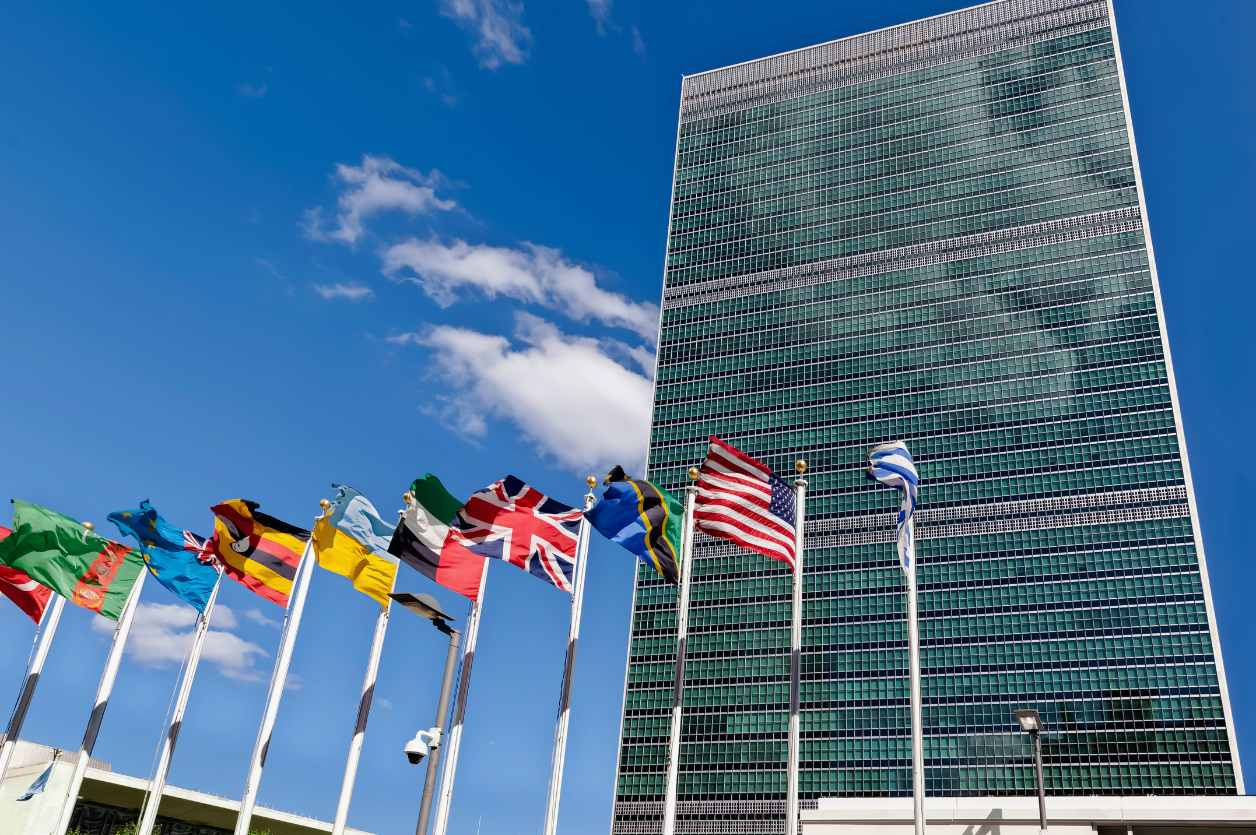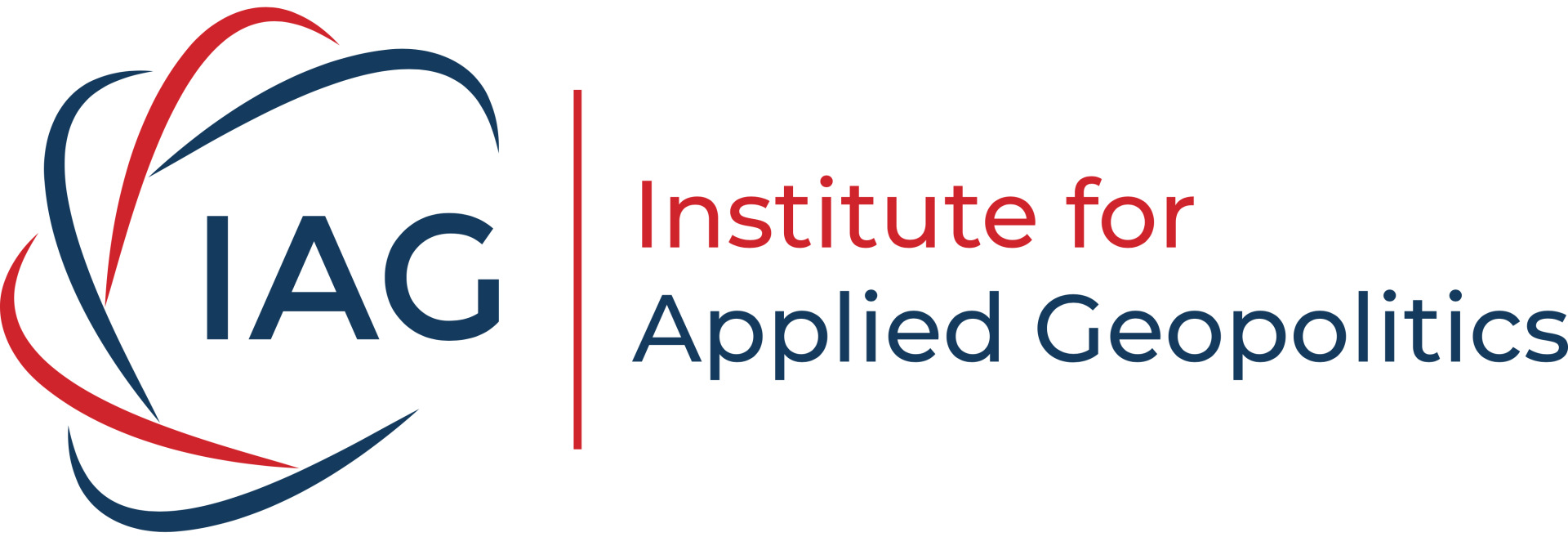Belgium Breaks with Israel: Palestine Recognition, Sanctions Over Gaza

Intelligence Summary
Belgium has announced a dual policy shift of recognizing Palestinian statehood and imposing sanctions on Israel in response to the ongoing war in Gaza. On September 2, 2025, Belgian Foreign Minister Maxime Prevot confirmed that Belgium would formally recognize Palestine at the United Nations General Assembly later in the month. Prevot indicated that the decision was driven by the humanitarian crisis in Gaza, where famine has been declared and reports indicate that more than 63,500 Palestinians have been killed since October 2023.
Belgium’s sanctions package includes twelve measures, such as banning imports of products from Israeli settlements in the West Bank, reviewing procurement contracts with Israeli companies, and restricting consular assistance for Belgian nationals living in settlements deemed illegal under international law. The sanctions also blacklist two Israeli ministers, several violent settlers, and Hamas leaders. Belgium has also pledged to push for suspension of the EU’s trade agreement with Israel.
The Palestinian Ministry of Foreign Affairs welcomed Belgium’s decision, maintaining that it is consistent with international law and urging other countries to follow suit. France, Saudi Arabia, Australia, Canada, and the United Kingdom have also announced plans to recognize Palestine during the UNGA session in September, with France and Saudi Arabia co-hosting a meeting on the issue on September 22nd. There was some debate regarding if recognition should be conditional, but the government has now moved forward despite Israeli opposition. Meanwhile, Israeli Finance Minister Bezalel Smotrich warned that Israel would establish new settlements in retaliation for each recognition of Palestinian statehood.
Parallel to these diplomatic developments, the International Association of Genocide Scholars (IAGS), a 500-member academic body, passed a resolution declaring that Israel’s actions in Gaza meet the legal definition of genocide under the 1948 UN Convention for the Prevention and Punishment of the Crime of Genocide. The resolution was supported by 86 percent of voting members and cited deliberate attacks on civilians, deprivation of food and medicine, forced displacement, and statements by Israeli leaders indicating intent to destroy the Palestinian population. The resolution acknowledged Hamas’s October 7, 2023 attack as an international crime but emphasized that it did not justify genocide. Israel rejected the accusation, with its Foreign Ministry calling the resolution an embarrassment to the legal profession. The IAGS declaration adds to ongoing legal proceedings at the International Court of Justice, where South Africa has accused Israel of breaching the Genocide Convention. The International Criminal Court has also issued arrest warrants for Prime Minister Netanyahu and former Defense Minister Yoav Gallant for war crimes and crimes against humanity.
Türkiye has escalated its confrontation with Israel by completely severing trade and economic ties, closing its ports to Israeli ships, prohibiting Turkish-flagged ships docking in Israeli ports, and barring Israeli flights carrying weapons or ammunition from its airspace. Foreign Minister Hakan Fidan announced the measures in parliament. Turkish authorities are now requiring shipping agents to certify that vessels are not linked to Israel or carrying military cargo. This follows earlier steps in 2023 and 2024 when Türkiye recalled its ambassador and cut diplomatic ties.
The Houthis have intensified attacks on Israel-linked shipping in the Red Sea. On August 31, the group claimed to have struck the Eastern Pacific Shipping company’s Scarlet Ray tanker, owned by Israeli billionaire Idan Ofer. Houthi spokesman Yahya Saree allegedly stated that the attack was a part of efforts to block Israeli shipping until the Gaza siege ends. Eastern Pacific Shipping issued a statement that the missile missed, though the Houthis insisted it was a direct hit.
The attack came just days after Israeli airstrikes in Yemen killed Houthi Prime Minister Ahmed Ghaleb al-Rahawi and several ministers in Sanaa. Since March 2025, the Houthis have launched nearly 70 ballistic missiles and over 20 drones at Israel, sinking two Israel-linked ships in the Red Sea. The group also raided UN offices in Yemen, detaining at least 11 staff members, adding to 23 others already held.
Why it Matters
The convergence of sanctions, recognition of Palestinian statehood, and maritime disruptions represents a significant escalation in the internationalization of the Gaza conflict. Belgium’s recognition of Palestine and imposition of sanctions is particularly significant because it hosts both the EU and NATO headquarters, amplifying the symbolic and practical weight of its decision. By pushing for suspension of the EU-Israel trade agreement, Belgium is attempting to shift EU policy from rhetorical criticism to material consequences. This move could embolden other European states, particularly Luxembourg and Italy, to follow suit, creating a cascade effect that isolates Israel diplomatically within Europe.
The recognition of Palestine by multiple Western states, including France, Australia, Canada, and the UK, signals a major shift in the diplomatic landscape. Historically, recognition of Palestine has been concentrated in the Global South, but the entry of Western powers into this camp undermines Israel’s long-standing reliance on Western diplomatic protection. This trend also complicates US policy, as Washington has strongly opposed recognition. The US has even threatened punitive measures, such as revoking visas for Palestinian officials. This divergence between the US and its allies could strain transatlantic unity, particularly as the US continues to provide military aid to Israel.
The genocide determination by the International Association of Genocide Scholars adds a powerful layer of legal and moral pressure. While the resolution has no binding force, it strengthens the case at the International Court of Justice and increases the likelihood of sanctions or arms embargoes being considered by states. The fact that 86 percent of voting genocide scholars supported the resolution indicates a strong academic consensus, which could influence public opinion and policymaking. Israel’s rejection of the accusation as defamatory underscores its growing isolation in international legal and academic circles.
Türkiye’s complete severing of trade with Israel represents a major escalation in regional opposition. By closing ports and airspace, Türkiye is not only cutting bilateral ties but also creating logistical and economic challenges for Israel’s trade routes. This move also signals a willingness to use economic warfare as a tool of foreign policy, aligning itself more closely with the Palestinian cause and positioning itself as a leader in the Muslim world. The restrictions on shipping and airspace also have implications for NATO, as Türkiye is a member state, raising questions about alliance cohesion.
The Houthi attacks on Israel-linked shipping in the Red Sea highlight the growing risk of maritime insecurity in one of the world’s most critical chokepoints. The Red Sea is a vital artery for global energy and trade, and repeated Houthi strikes on tankers threaten to disrupt international shipping lanes. The Houthis’ ability to sink two ships and launch dozens of missiles and drones demonstrates their growing military capacity, despite repeated Israeli airstrikes. The assassination of the Houthi prime minister by Israel has further escalated tensions, creating a high probability that maritime attacks will continue. The detention of UN staff by the Houthis also complicates humanitarian operations and underscores the group’s willingness to challenge international institutions.
The collection of these developments reinforce that the Gaza conflict is a global diplomatic, legal, and economic confrontation. The combination of European recognition of Palestine, academic genocide determinations, Turkish economic warfare, and Houthi maritime attacks creates a multi-front challenge for Israel. It also places the United States in a difficult position, as it must balance its support for Israel with growing opposition from allies and international institutions. The risk of further escalation is high, particularly if maritime disruptions continue to escalate or if more European states adopt sanctions.
Key Actors
- Belgium
- Israel
- Palestine
- Türkiye
- Houthis
- International Association of Genocide Scholars (IAGS)
- United Nations

